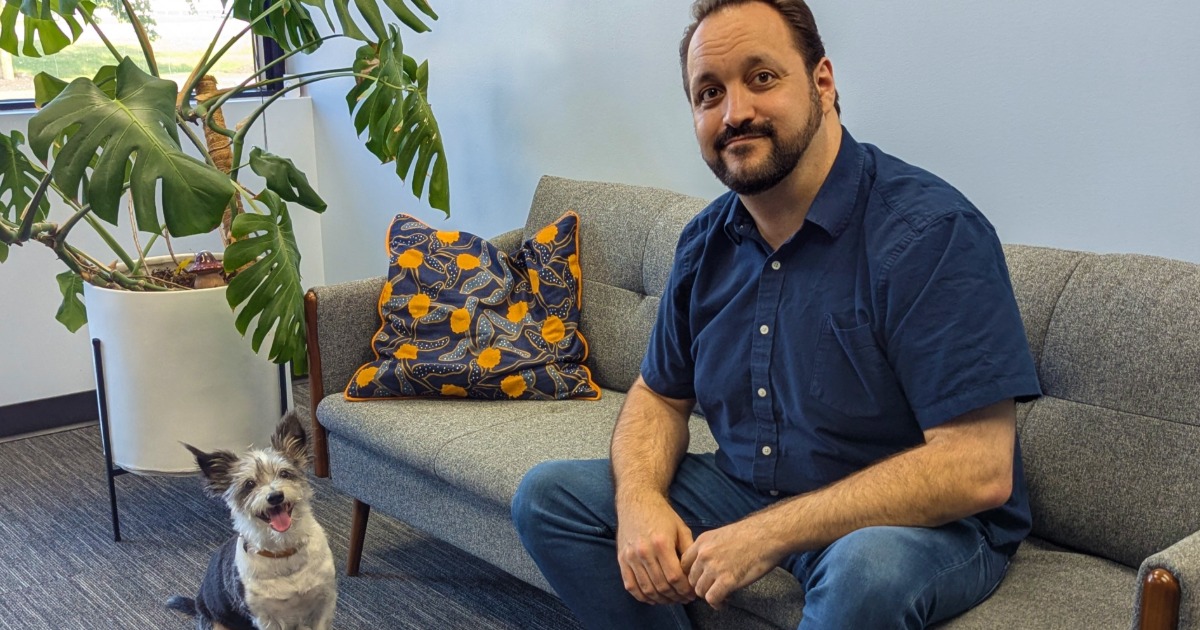Connecting docs with data that’s ‘comprehensive, trusted and fast’
LONDON, ON –"Knowledge is key," the saying goes. But sometimes getting to that knowledge – as quickly as possible – can be a challenge for clinicians.
Vast troves of health data are terrific for studying population health or spurring improvements in operation-wide efficiencies. But for a physician working in the moment, trying to provide the best care for a specific patient, all that information can be only so much noise, obscuring the signal.
"We don’t have a lot of time during our days to make long hunts for the right information," says Stephen R. Thompson, MD, an orthopedic surgeon at Fowler Kennedy Sport Medicine Clinic at the University of Western Ontario.
Aiming to help bring greater speed and accuracy to bear on physician workflow, Elsevier has launched a new clinical reference, called ClinicalKey.
ClinicalKey runs using Elsevier's Smart Content, a technology that aims to "understand" the conceptual relationships between clinical concepts. By searching data tagged with the firm's EMMeT taxonomy system, officials say ClinicalKey seeks out the most relevant content – information that might be missed by other search engines.
"Physicians are under severe time pressure and want their answers fast and relevant, with comprehensive depth available if they want," said Jonathan Teich, MD, Elsevier's CMIO. "By reducing the time it takes to find the best answer and providing trusted, more comprehensive content, we're able to help clinicians spend more time with their patients to achieve better outcomes."
That content derives from some 700 textbooks and 400 medical journals, offering MEDLINE abstracts, third-party research and assorted other clinical commentary.
Jim Donohue, managing director for Elsevier's Global Clinical Reference Group, said the firm spent about a year speaking to approximately 2,000 physicians in an effort to learn more about their work habits.
For 60 percent of their day, on average, "they're working in a way that required the use of clinical information," says Donohue. "It might be a consult with a colleague, a discussion with a specialist, a look at a journal, a look at a point-of-care content product or a book."
Elsevier realized it could do a better job getting that information to the right person, at the right time, he says. "While we had fantastic content, it was no longer matching the workflow of physicians we were serving."
The focus groups Elsevier spoke to say that roughly half the time, when physicians look for information, "they have to consult more than one source," says Donohue. "They might be looking for point-of-care information, but it turns out that they then need to look at the guideline, or they need to look at a journal article or a procedural video – something that would drive them to additional content. They were looking at three or four sources."
Elsevier has more than 20 million pieces of content, digitized and ready to read. But "speed to answer" was sometimes problematic. ClinicalKey was developed as a way to help address that problem: "It needed to be comprehensive, it needed to be trusted and it needed to be fast,” Donahue says.
Crucial to this functionality is the EMMeT (Elsevier Merged Medical Taxonomy) system.
"We've taken most of the standard medical taxonomies, mashed them together, then added additional proprietary taxonomies, and we've created a taxonomy that has almost become an ontology, a medical terminology that we applied an algorithm to, so that now when you do a search in ClinicalKey, based on the algorithm and a pretty complicated mechanism of matching terms and frequency of terms, about 90 percent of the time gives you a clinically relevant answer," says Donohue.
"We've tagged all of our Elsevier content: every book, every journal, every guideline, all of First Consult, which is our point-of-care content," he adds. "Almost a million images, about 20,000 videos, have all been tagged."
Physicians are already seeing benefits from the more targeted search capabilities. "ClinicalKey has become a great tool for me as a clinician," says Thompson. "It is much more helpful than other search tools I used because it provides far more relevant answers. It is faster and more intuitive than other search engines, and if I get answers faster that really translates into better patient care."
He adds that being able to search across "trusted reference textbooks, current journals and high quality images simultaneously … just isn’t possible with other search tools."
Going forward, Donohue says Elsevier hopes to add additional content types to ClinicalKey, such as pharmaceutical and care team content, and to look more at "how it integrates with the EMR."
Thompson thinks the information made available through the technology could be as valuable to patients as to their doctors. "I would like to see patient education modules developed to allow physicians to not only discuss information with their patients, but also reinforce their discussion with on-screen images or text," he says.
In the meantime, "knowing that I can find the right clinical information whenever I ask, I have been using ClinicalKey more and more in my practice," he says. "Having it available soon on a mobile device will be a great benefit."


